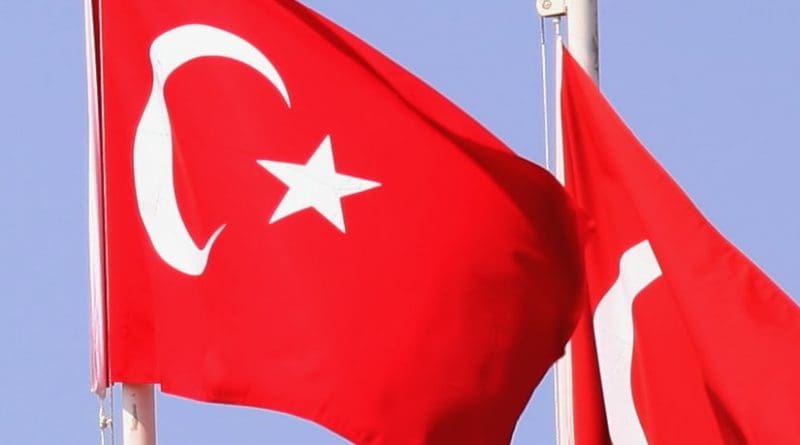Nash Game Theory Application In June 24 Turkish National Elections – OpEd
İn game theory, the Nash equilibrium, named after American mathematician John Forbes Nash Jr., is a solution concept of non-cooperative game involving two or more players in which each player is assumed to know the equilibrium strategies of the other players, and no player has anything to gain by changing only by their strategy. (Ref. Wikipedia)
Now in Turkish environment with 80+million population, almost 50+ voters are the players in this game. Equilibrium will have a dramatic impact on political climate not only in the country but also in the Middle East, Syria, Iraq, as well as in Iran, Palestine. We shall observe impact in Russia, Europe, Northern Africa.
Current state of Turkey is not so promising with every degrading economic situation with increased interest rates, high unemployment, lower investment confidence, lower investments, lower consumer confidence in the aged 16-year old government,
Country needs a new fresh start, rule of law, parlamentarian democracy, separation of powers. So the opposition parties need new game changer policies. Voters need new game plan. New game plan will be shaped by a 10% threshold. Any party with less than %10 overall voters will not get any member in the parliament
Existing political power has nothing to offer to voters other than a fictious safe place in afterlife in heaven, with ever growing number of mosques, prayers, religious services, religious schools, with no help for investment climate, nothing for economic groth. Ruling party has 40-45% voter share, a bit less or more.
Intellectuals traditionally and historically tend to vote for major opposition party, left of middle republican peoples party (chp). However that party has a 25% locked voter expectations due to their loyal voters a little more a little less. That party has politbureau type structure with no hope of further improvement. A local religious sect has also have high share in decision making process
New Good Party is again a group of past politicians who know the politics but have no vitality of young blood. This party has a share around 15-20% voter share. They are the leftovers of existing nationalistic party, which is expected to vaporize due to the 10% threshold. They will loose their voters to ruling party or to good party.
Now we have a new party (hdp) with local south east ethnic citizens in coalition with Turkish socialist intellectuals. This party may get more that %10 threshold, if game players may change their traditional voting tendencies. This party must pass the threshold and should join the parliament and be a part of Turkish democracy.
It they can not pass the 10% voting threshold, then all their seats, almost 70+ will be received by the ruling party with governing majority in the parliament to continue existing poor state of politics as well as local economy. Voters should consider that this is not sustainable for their own personal well-being in the long run.
The Nash equilibrium will be reached only if the last party (hdp) can join the parliament, and if they can be a part of new coalition as opposed to existing ruling party.
The Nash equilibrium is also governing in Turkish presidential elections on the same day. Here two highest selected candidates will run in the second round in 2-weeks and the southeast party voters are the key parameter for the last winner.
This June 24 Turkish elections will have great impact on Turkish political environment. We shall review and experience with Nash equilibrium in political structure with great enthusiasm.

